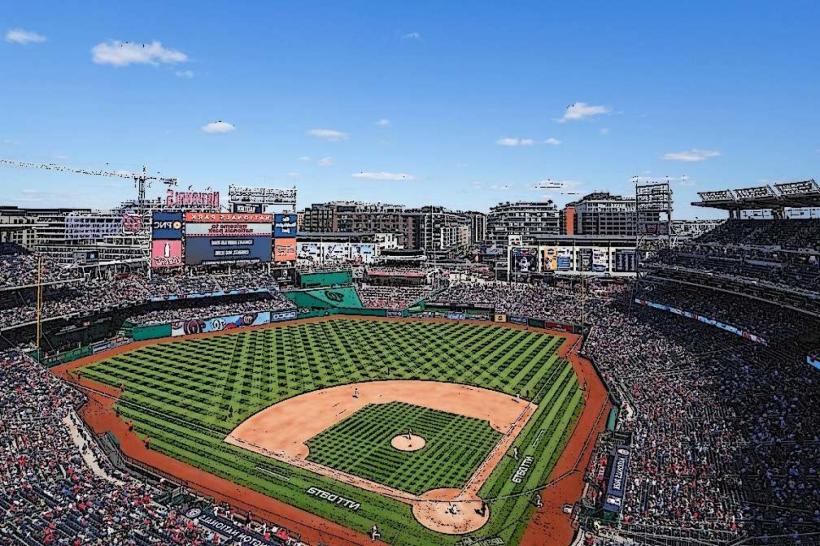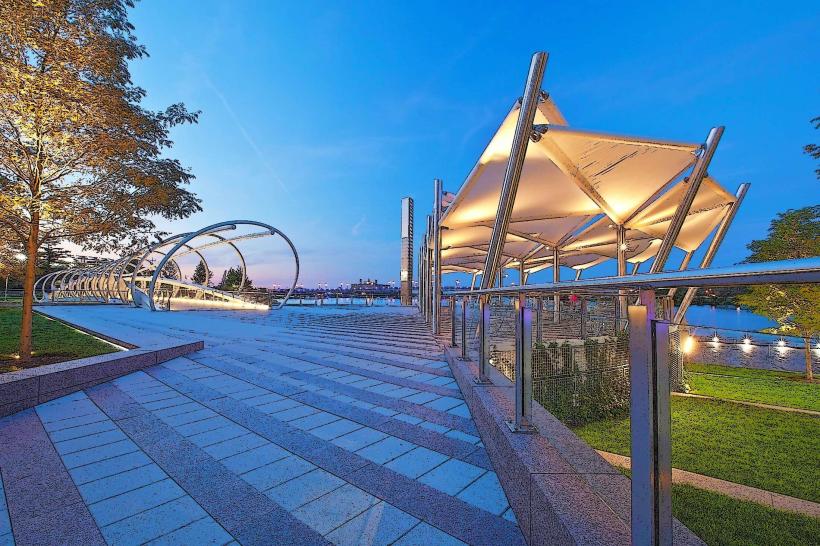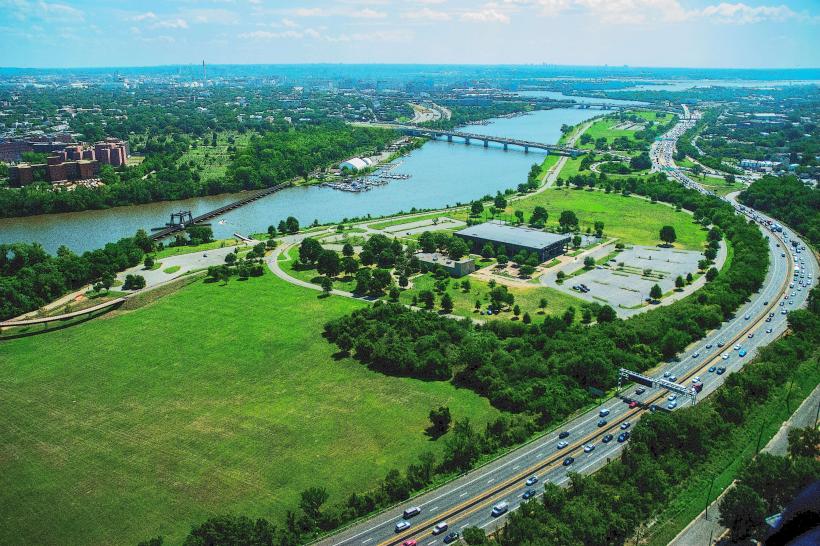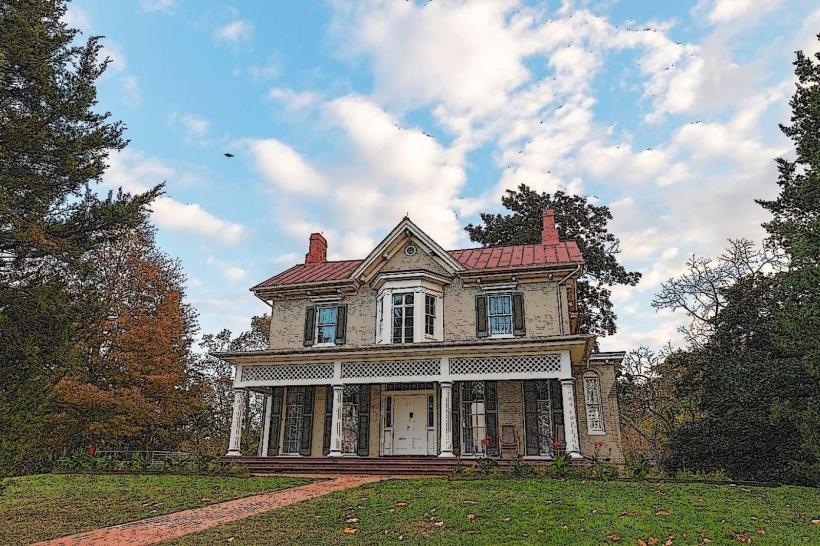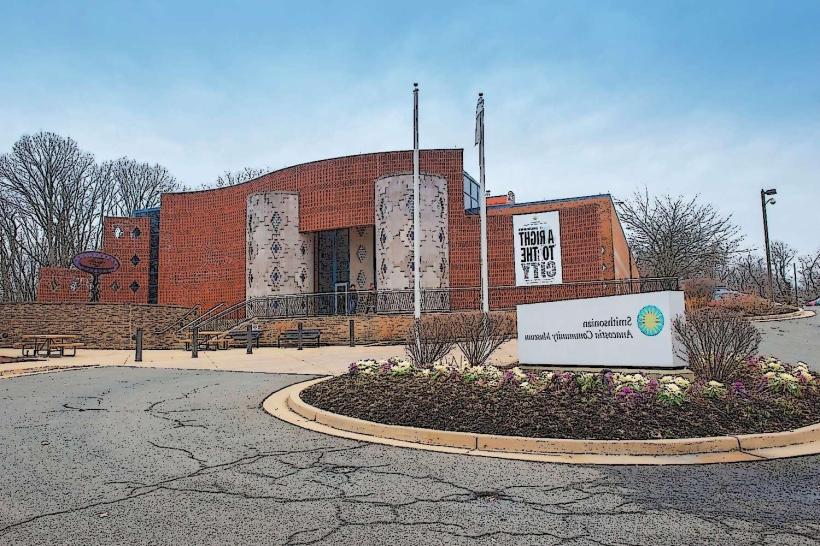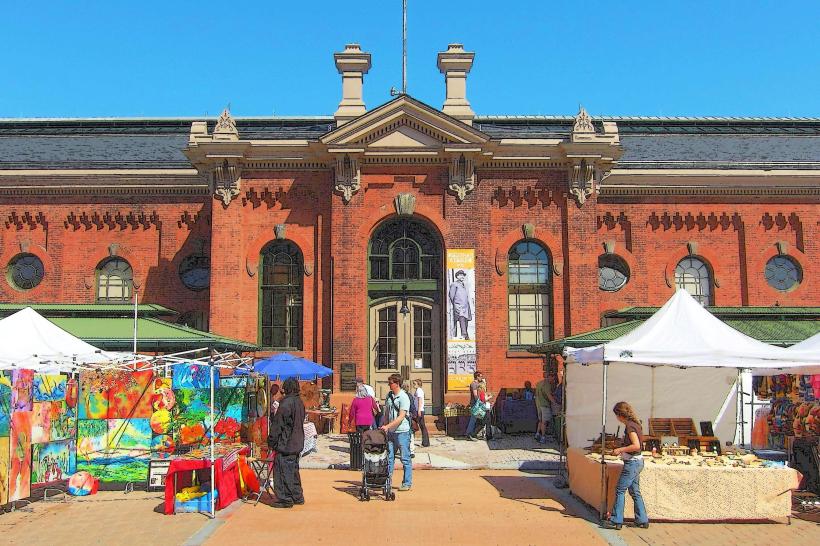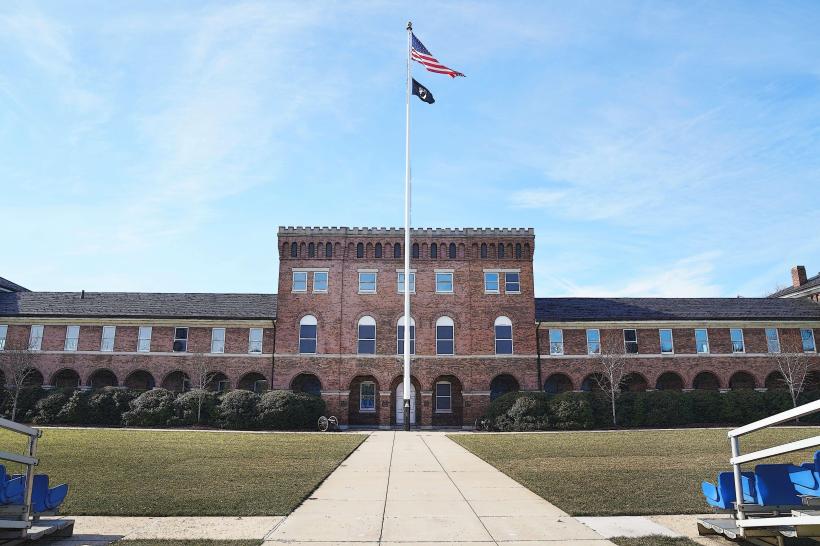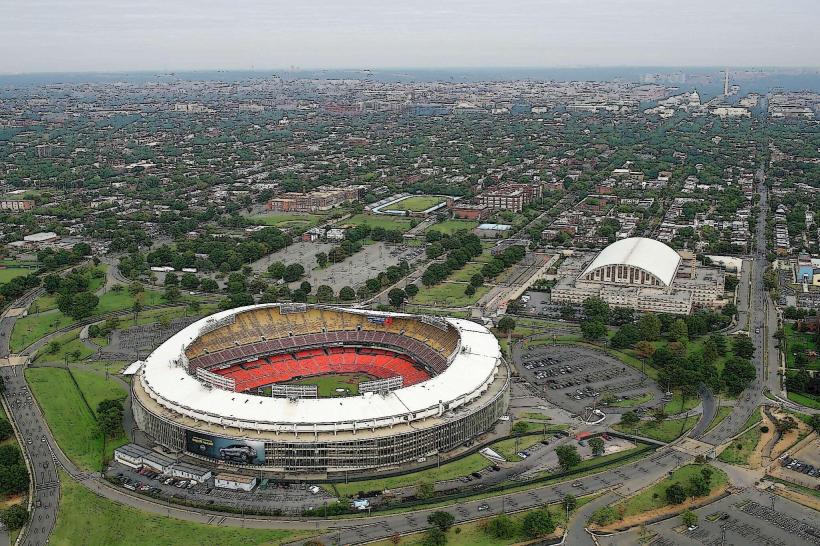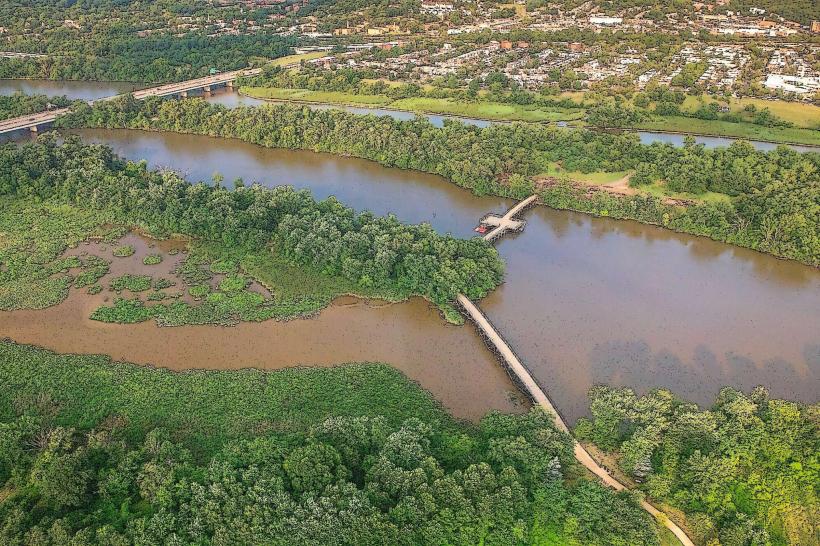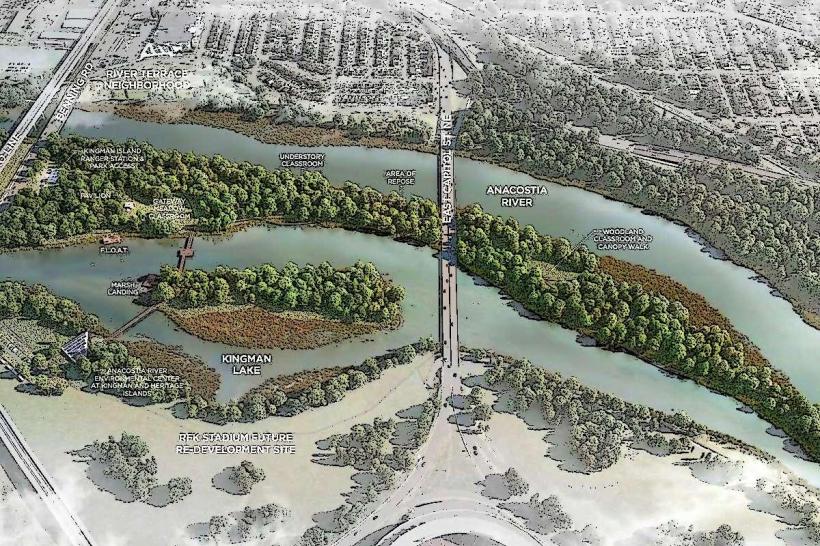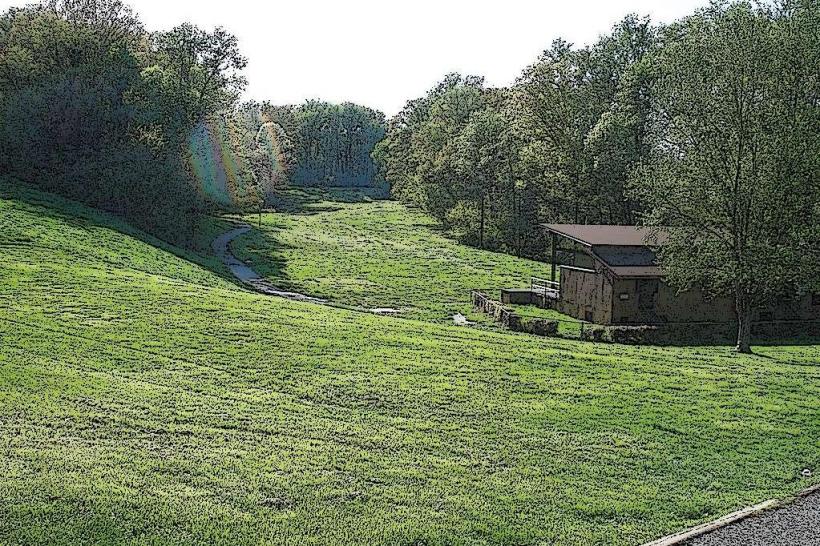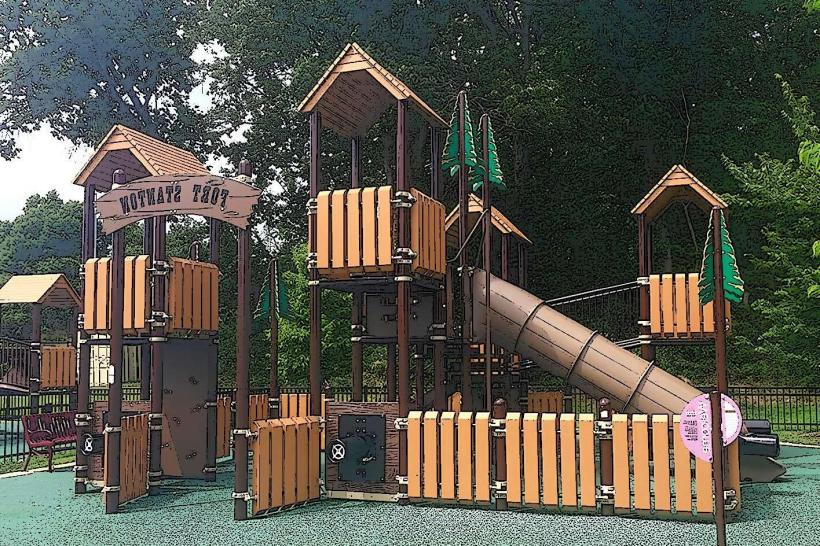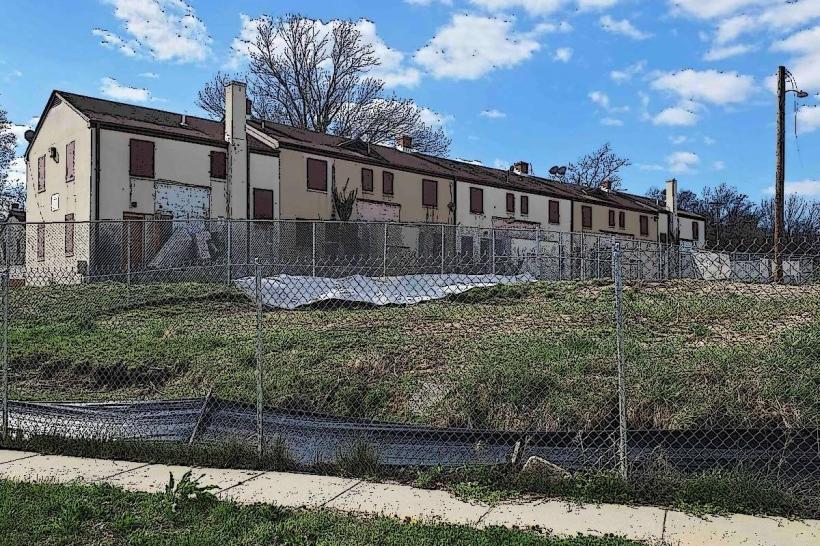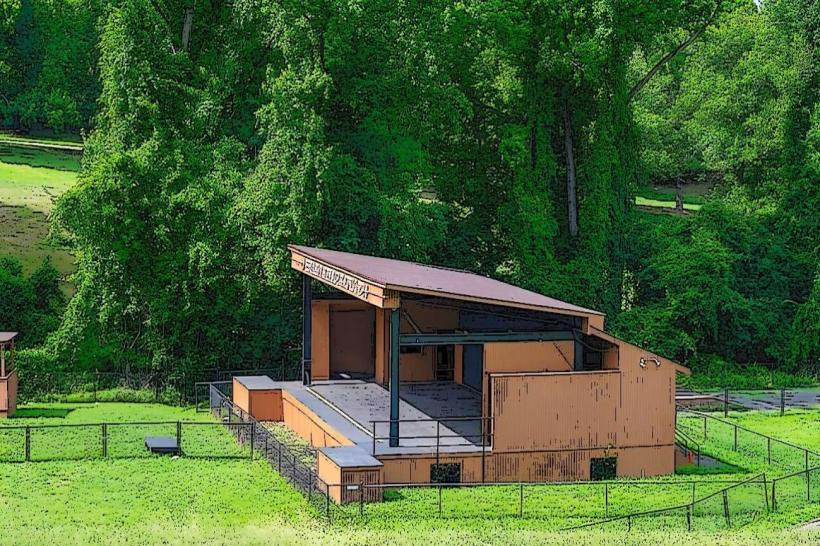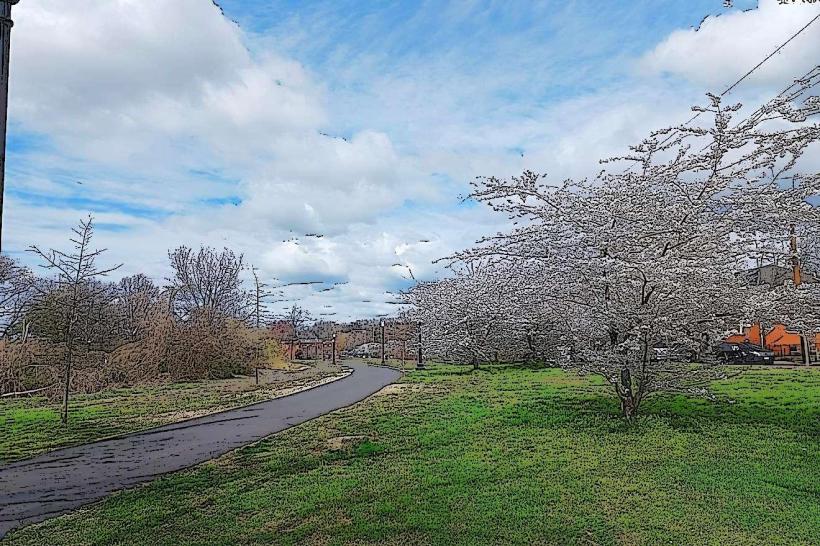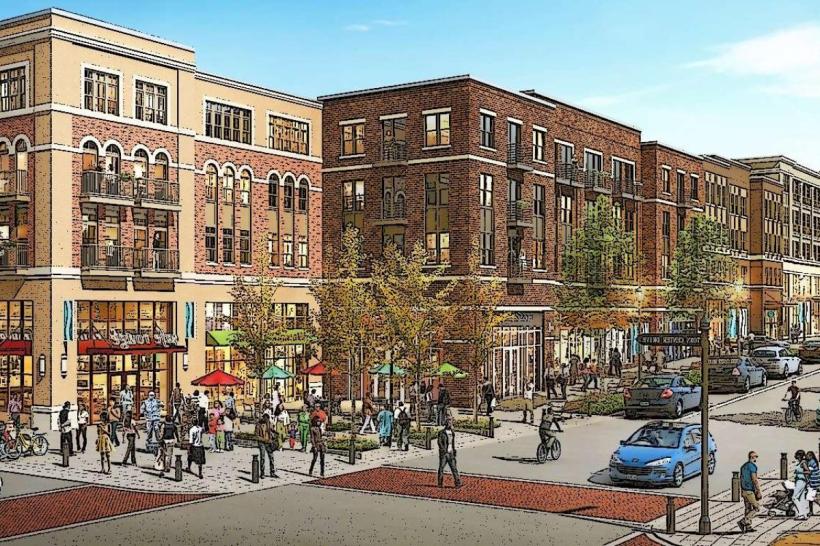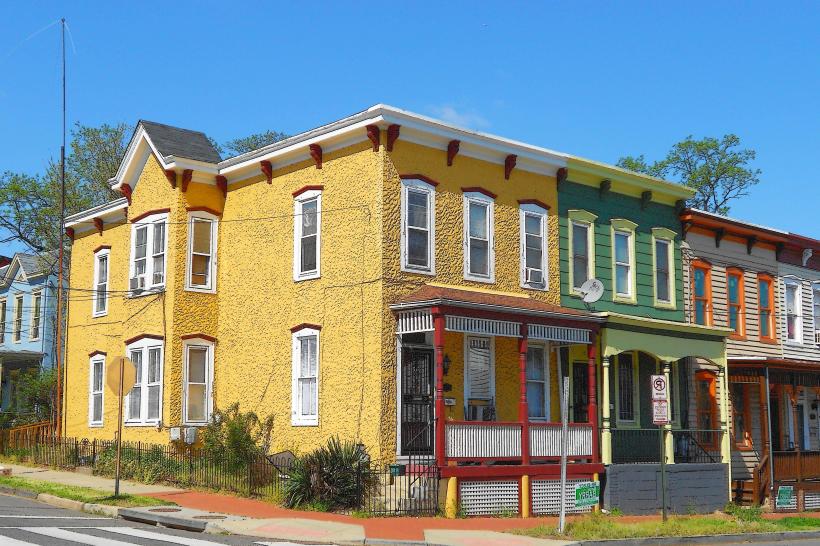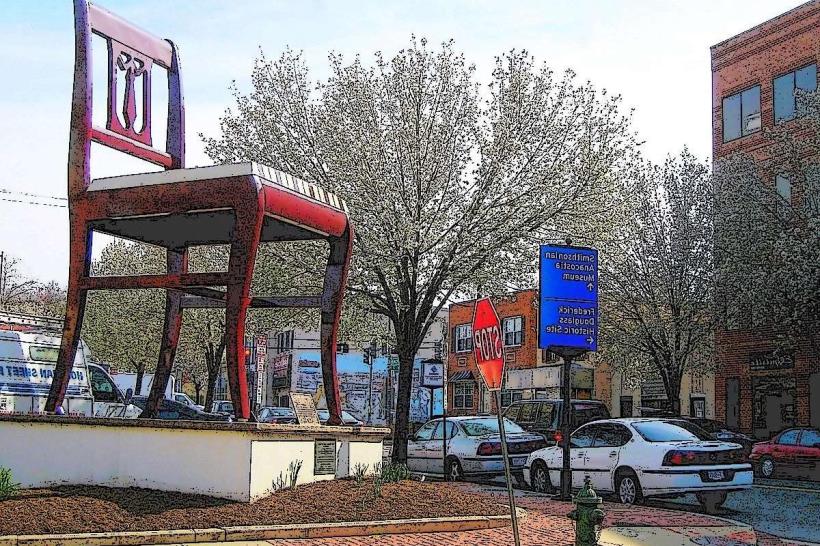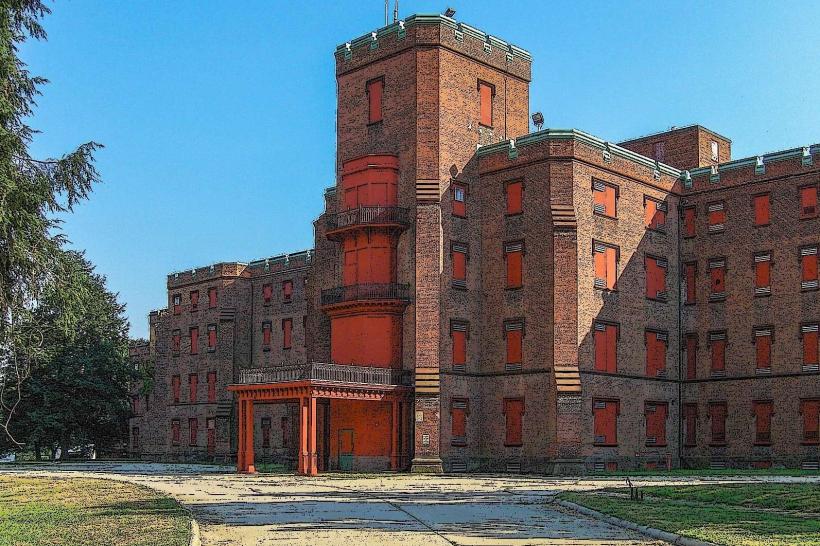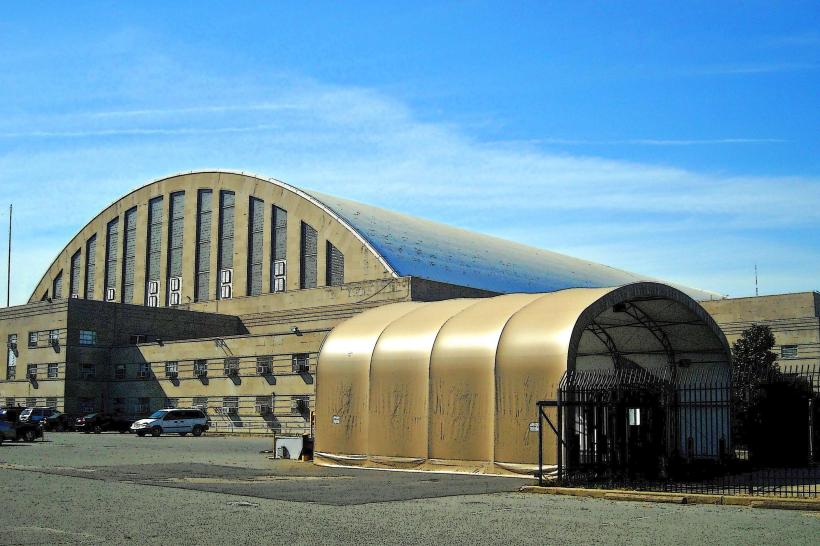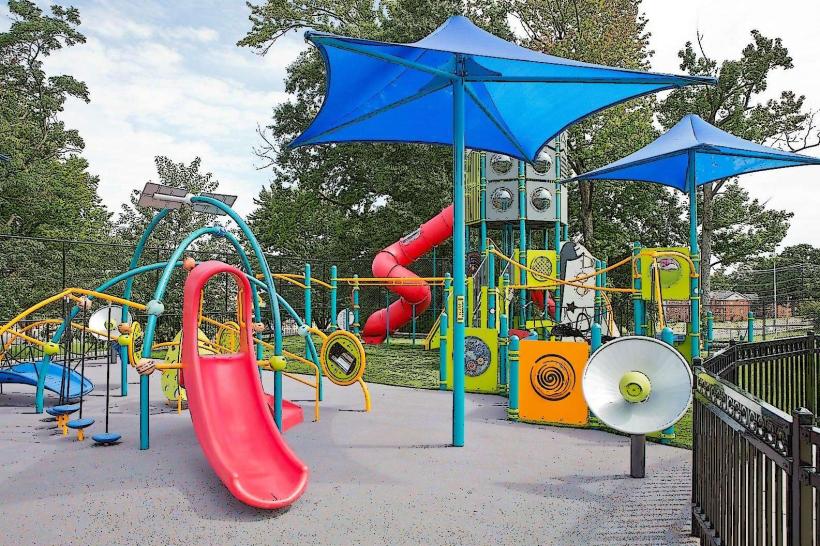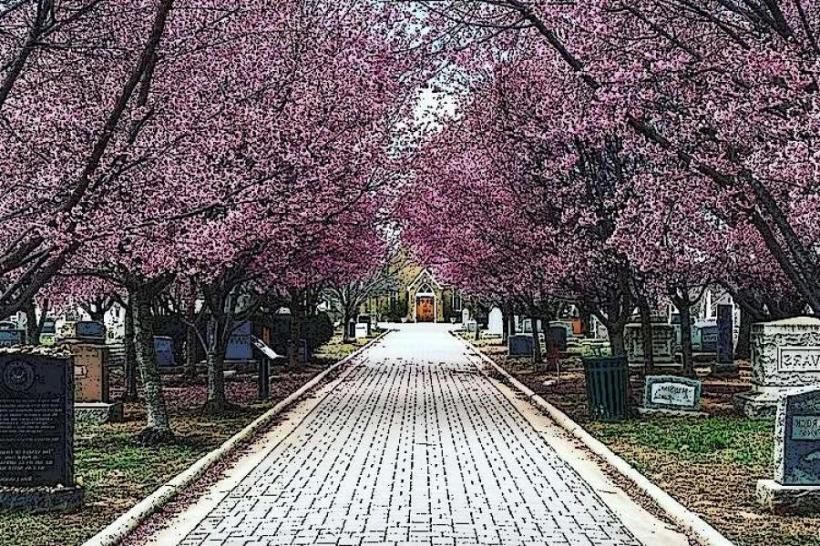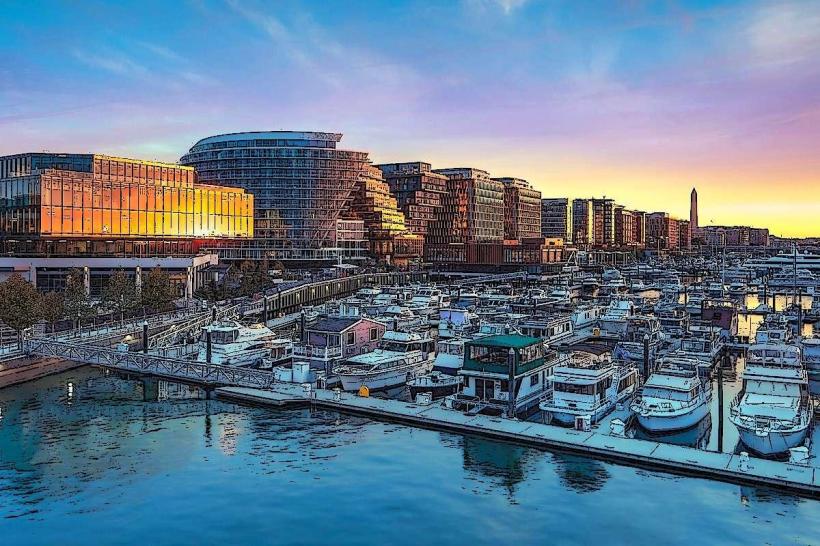Information
Landmark: Arena StageCity: Southeast Washington
Country: USA Washington DC
Continent: North America
Arena Stage, Southeast Washington, USA Washington DC, North America
Arena Stage, formally known as Arena Stage at the Mead Center for American Theater, is a flagship regional theater located in Washington, D.C.’s Southwest Waterfront neighborhood. Established in 1950, it holds a pivotal place in American theater history as a pioneer in developing and promoting uniquely American plays and nurturing local talent. Arena Stage’s evolution reflects a strong commitment to artistic innovation, community engagement, and cultural diversity, making it a vital institution in the nation's capital.
Historical Background and Legacy
Arena Stage was founded by Zelda and Thomas Fichandler along with Edward Mangum with a mission to create a professional theater dedicated to American plays at a time when regional theater was an emerging concept. This mission distinguished Arena Stage early on as it became one of the first nonprofit theaters in the United States and helped define the regional theater movement nationwide.
In 1967, Arena Stage gained national prominence by staging The Great White Hope, a groundbreaking production about racial tensions and social justice, which subsequently transferred to Broadway with its original cast including James Earl Jones and Jane Alexander. This success underscored Arena Stage’s role as an incubator for socially conscious, powerful storytelling.
Arena Stage has also been at the forefront of inclusivity and accessibility. It was the first theater in Washington, D.C. to integrate performances racially, and it pioneered audio-described performances for visually impaired patrons starting in 1981, setting standards for accessibility in live theater.
The Mead Center for American Theater: Architecture and Facilities
In 2010, Arena Stage opened its current home, the Mead Center for American Theater, a 200,000-square-foot state-of-the-art facility designed by Bing Thom Architects. This building represents one of the largest performing arts centers to open in Washington, D.C. since the Kennedy Center, symbolizing a major investment in the city’s cultural infrastructure.
The Mead Center houses three distinct theaters, each designed to serve different artistic purposes and audience sizes:
Fichandler Stage: This is the largest theater within the complex, seating approximately 680 people in a unique “theater-in-the-round” configuration. This format envelops the audience around the stage, creating an intimate and immersive experience that enhances actor-audience connection, making it ideal for large-scale productions and ensemble pieces.
Kreeger Theater: A 514-seat proscenium theater designed for more traditional staging and an intimate viewing experience. Its design allows for versatile productions, including dramas, comedies, and musicals that benefit from conventional staging.
Arlene and Robert Kogod Cradle: The smallest of the three theaters with around 200 seats, it serves as an experimental black-box theater space that nurtures new and emerging works. This venue provides flexibility for innovative staging and supports playwright development and avant-garde performances.
The architecture of the Mead Center emphasizes openness, light, and connectivity, with ample public gathering spaces, a welcoming lobby, and an inviting atmosphere that encourages social interaction before and after performances. The design incorporates advanced technical capabilities to support diverse production needs.
Artistic Vision and Programming
Arena Stage is dedicated primarily to American theater, with a focus on producing and developing works that explore American culture, history, and social issues. Its programming spans classics, contemporary plays, new commissions, and musicals.
The theater is renowned for championing voices that reflect the diversity of the American experience. It regularly commissions new works by playwrights from various backgrounds, supporting emerging talent while maintaining high artistic standards.
Notable productions developed or premiered at Arena Stage include socially relevant plays such as Sweat by Lynn Nottage, which won the Pulitzer Prize for Drama, and Next to Normal, a musical addressing mental health. The theater also produced Dear Evan Hansen, a critically acclaimed Broadway hit.
Beyond productions, Arena Stage offers education and community outreach programs aimed at fostering theater appreciation among youth and underserved populations, solidifying its role as a community-oriented institution.
Cultural and Economic Impact
Arena Stage has played a transformative role in the revitalization of the Southwest Waterfront area. Its presence helped catalyze the redevelopment of the neighborhood into a lively cultural and entertainment district. This development included the emergence of The Wharf, with restaurants, shops, and other attractions, turning Southwest Waterfront into a popular destination.
The theater draws a diverse audience from across the region and visitors to the city, contributing significantly to the local economy. Its programming attracts tens of thousands of patrons annually, who support nearby businesses and enhance the vibrancy of the neighborhood.
Accessibility and Visitor Experience
Arena Stage is highly accessible, located at 1101 Sixth Street SW in Washington, D.C., within walking distance of the Waterfront Metro station and multiple bus lines. The facility is fully equipped to accommodate patrons with disabilities, offering services such as wheelchair access, assistive listening devices, and audio description.
Visitors to Arena Stage can enjoy not only performances but also engaging public spaces within the Mead Center that include cafes and lounges, creating a comprehensive cultural experience beyond the shows themselves.
Summary
Arena Stage stands as a landmark institution in American theater, combining a rich legacy with a forward-looking commitment to diversity, innovation, and community engagement. Its three specialized theaters within the architecturally acclaimed Mead Center allow for a wide range of productions that spotlight the American experience. Beyond its artistic achievements, Arena Stage has been instrumental in revitalizing Washington, D.C.’s Southwest Waterfront, making it a cultural cornerstone that bridges artistic excellence with urban renewal and social impact.

